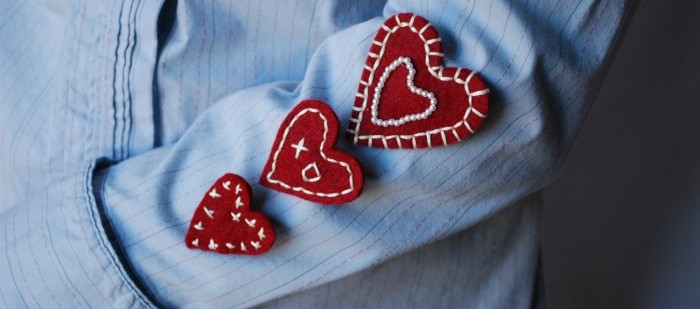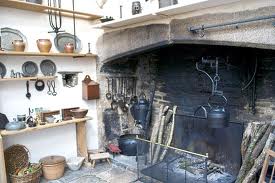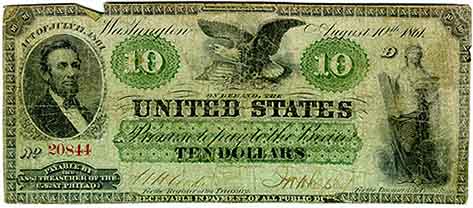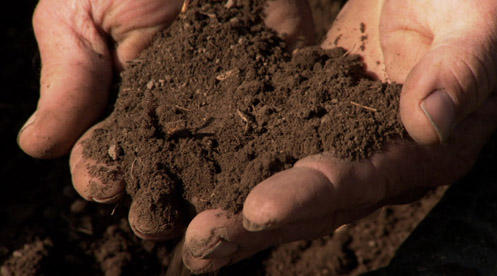In olden days if you were served a cold shoulder of mutton instead of hot meat, you knew your were not being encouraged to call again…hence you gave someone the “cold shoulder.” Check out historical, genealogy books and novels by Donna R. Causey
Did You Know?
DYK: Have you ever worn your heart on your sleeve?
The saying “wearing your heart on your sleeve” comes from the Middle Ages. In the Middle Ages knights who fought at tournaments wore a token of their lady on their sleeves. Today if you make your feelings obvious to everybody you wear your heart on your sleeve. WHERE DO I START? Hints and […]
DYK: The true meaning of a long shot?
Did you know that…. In the past, guns were only accurate at short range and a ‘long shot’ (fun fired over a long distance) only had a small chance of hitting its target. That is how the term ‘long shot’ derived.
DYK: Pease porridge hot, peace porridge cold
Did you know that…. In olden days all kinds of food went into a big pot for cooking. If you sat down to a meal with a family you often had to take ‘pot luck’ and could never be quite sure what you would be served. Sometimes what was in the pot might be […]
DYK: Do you have a frog in your throat?
This is a very confusing saying that doesn’t seem to make sense. How would anyone get an actual frog in their throat? Medieval physicians believed that the secretions of a frog could cure a cough if they were coated on the throat of the patient. It may be unbelievable, but a frog was placed in […]
DYK -(Did you know) that paper money was once considered a health risk?
Paper Money Health Risk was considered a health risk. The Constitution only authorized the federal government to issue coins, not paper money. “Article One of the Constitution granted the federal government the sole power “to coin money” and ‘regulate the value thereof.’ However, it said nothing about paper money. This was largely because the founding […]
DYK: A visit to the powder room
In olden days, after ladies had their hair styled by a servant, they would have a servant fill a bellows with powder to powder it. To contain the powder, there was often a small room set outside for this called the Powder Room. Thus, the name of the powder room came into being. VINEGAR OF THE […]
DYK: Apple of my eye? Where did the phrase come from?
‘The apple of my eye’ is very old and first appears in Old English in a work attributed to King Aelfred (the Great) of Wessex, AD 885, titled Gregory’s Pastoral Care. Originally it means the central aperture of the eye. Figuratively it is something, or more usually someone, cherished above. WHERE DO I START? Hints and Tips for […]
DYK: Why does the XXX symbol mean kisses?
Kisses XXX SYMBOL at the end of a letter – In medieval times, when most people were illiterate, “contracts were not considered legal until each signer included St. Andrew’s cross after their name.” (Or instead of a signature, if the signer couldn’t write.) To prove their sincerity, signers were then required to kiss the X. […]
DYK: Where did the phrase ‘Dirt Poor’ come from?
Dirt Poor – This phrase dates back to the 1930’s Depression era where there was extreme poverty and many people lived in dirty conditions. The source that claims it comes from England at an earlier date has largely been discounted. An article about “Life in the 1500s” circulated on the internet in April 1999 and according […]









